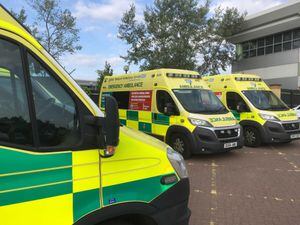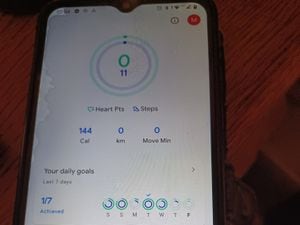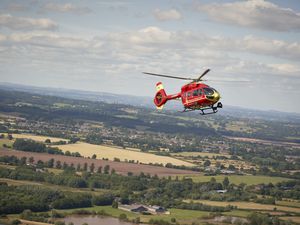West Midland Ambulance Service stops using private ambulances - bucking national trend
West Midland Ambulance Service has stopped using private ambulances, bucking a national trend.

Figures released today show that major health trusts across England are increasingly relying on ambulances from other providers to attend 999 calls.
Research shows England’s ambulance trusts spent more than £92 million in the last year on private ambulances and taxis to transport patients.
In the West Midlands, more than £300,000 was spent on private ambulances in 2017-18, but that went to zero last year. However, there was more reliance on taxis, with more than £4 million spent last year compared to £2 million the year before.
While substantial, those figures are far lower than many other trusts. East Midlands Ambulance Service, for example, spent almost £7 million on private ambulances in the last year and more than £1 million on taxis.
West Midland Ambulance Service recently lost its contract to supply non-emergency patient transport after the bid went to a private firm,
A service spokesman said it was committed to reducing the reliance on outside bodies, adding: “We are the only ambulance service in the country that has a paramedic on every ambulance vehicle and have no paramedic vacancies.
“We believe that recruiting and training our own staff provides the highest standards of patient care and is more cost effective.
“The trust has also stopped using private providers and charitable organisations in its non-emergency patient transport service. The trust does use some taxis as part of its patient transport service operation, usually because it is mandated within such contracts, but we are actively reducing this figure as much as possible.”
Today’s figures show that in some parts of the south, almost one in five emergency calls result in a private ambulance being sent to the scene. Earlier this year, the Care Quality Commission published a damning report warning that patients were being put at risk by private ambulances because of poor criminal record checks and training.
East Midlands Ambulance said private ambulances helped it “bridge the vacancy gap while we recruit and train people to work on our frontline.”





